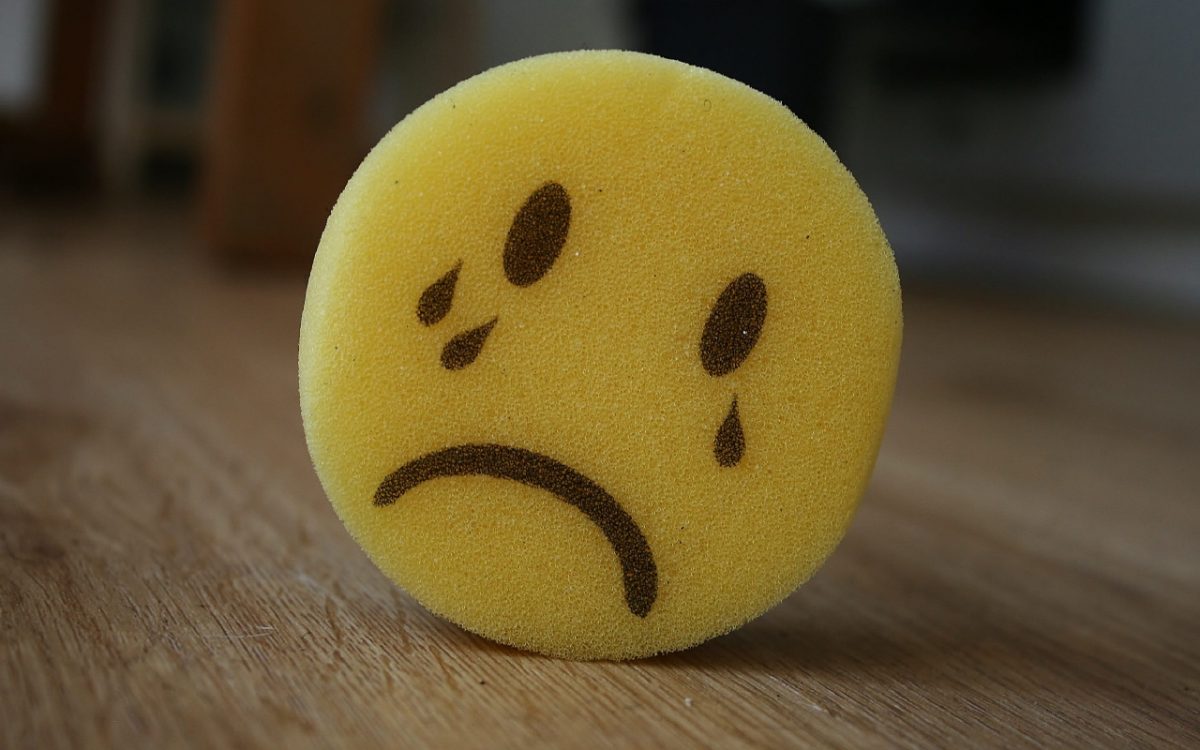We mostly make our choices based on emotions… and then, after we’ve decided, we find a way to justify those decisions rationally.
It’s a secret that marketers and politicians have long known.
We like to think we are making rational decisions. We like to believe we are making our own choices without being emotionally manipulated. But it’s seldom true.
That is why, when it comes to debates around vaccination, appeals to reason are seldom effective.
We are living in a time of massive loss, disruption, fear and anxiety. There is so much to grieve – and yet how many people are grieving consciously?
I see a lot of unconscious grief being projected instead of owned: anger being projected as blaming and shaming and looking for scapegoats; others in denial about the reality of the pandemic, wanting to stick their heads in the sand and carry on as it didn’t exist. All of this against a backdrop of fear of death or chronic illness that people also don’t want to feel – and so the unconscious mind attempts to control the situation so that we don’t have to feel the fear – and this comes out as attempts to control the behaviour of other people.
All of these unacknowledged and un-owned emotions make us prone to poor decision-making and make us prone to manipulation – and if you think that the only people with an agenda of manipulation are the people who you disagree with – think again.
No matter how much evidence you have looked at, how many scientific reports you’ve read or scientists you’ve listened to, it comes down to this question: Who do you trust? What narrative “feels” right?
Governments and scientists who are wanting people to get vaccinated would find their job much easier if they had a track record of acting with integrity and transparency so that people trusted them. Instead there has been a steady decline over many years in people’s trust in governments and big business and even scientists. This is where the battle needs to be fought, instead of hokey TV ads.
If we want to make good decisions ourselves, and help others make better decisions, it would really help if we could acknowledge the emotions that are present.
Imagine if people with different views to our own said things to us like: “I understand your fear and concern about getting sick or dying (either from being vaccinated or from not being vaccinated) and your fear is valid because there is a real risk. I also have a fear of getting sick or dying!” If our fears were not dismissed we might be more open to listening to each other about what the relative risks are.
Imagine if we could say to ourselves and each other things like “I understand how painful this disruption, uncertainty and loss is. I understand the anger that this is happening to us and I understand how much we wish it was not happening. All of these feelings are valid and welcome to be expressed as we come to terms with a changed world.”
For me, none of this came naturally as I was raised not to acknowledge or pay attention to emotions. But the more I’ve learned to feel, acknowledge and express emotions, the less I get hijacked by them in myself or in others.





